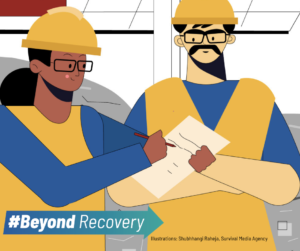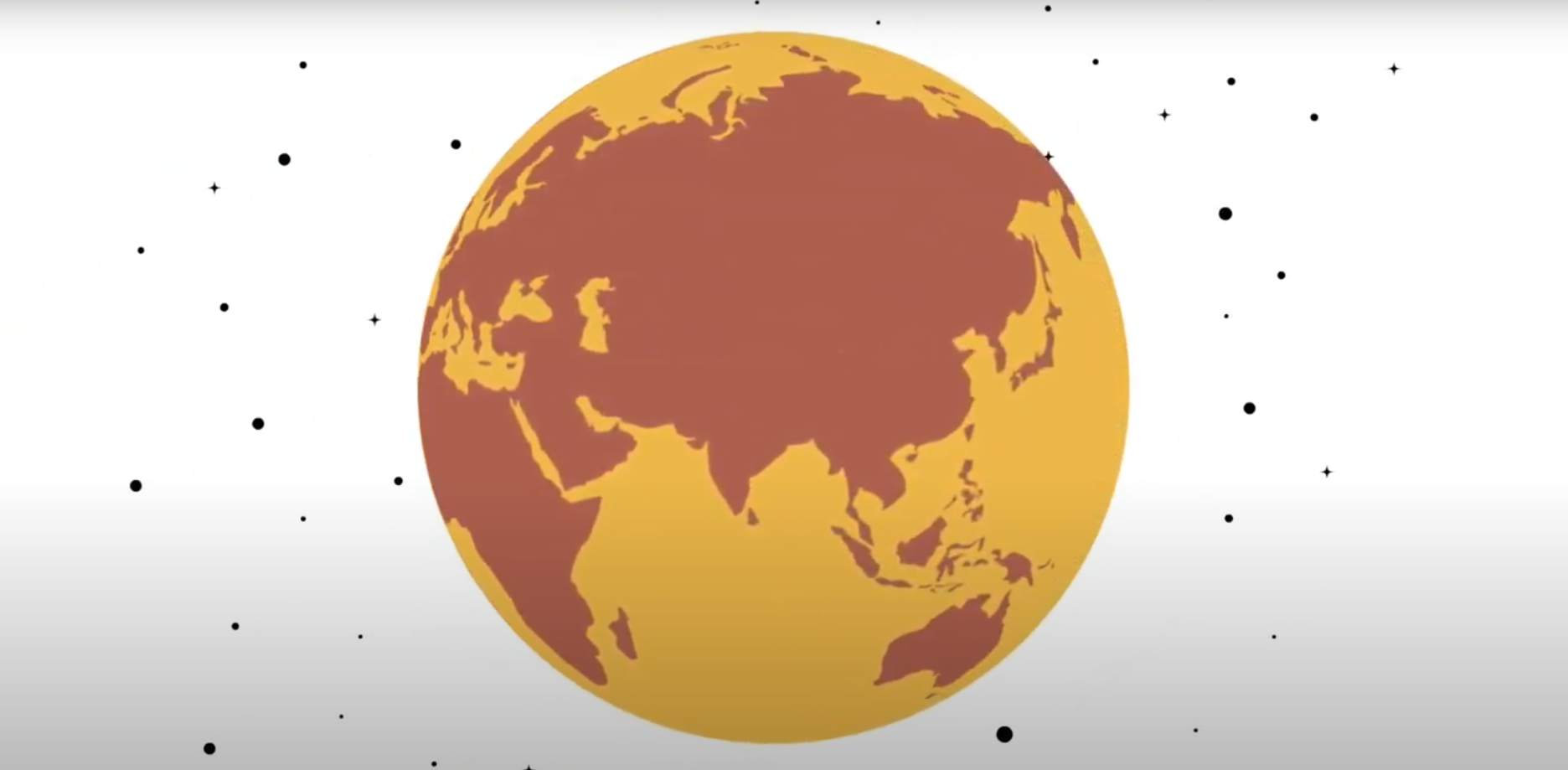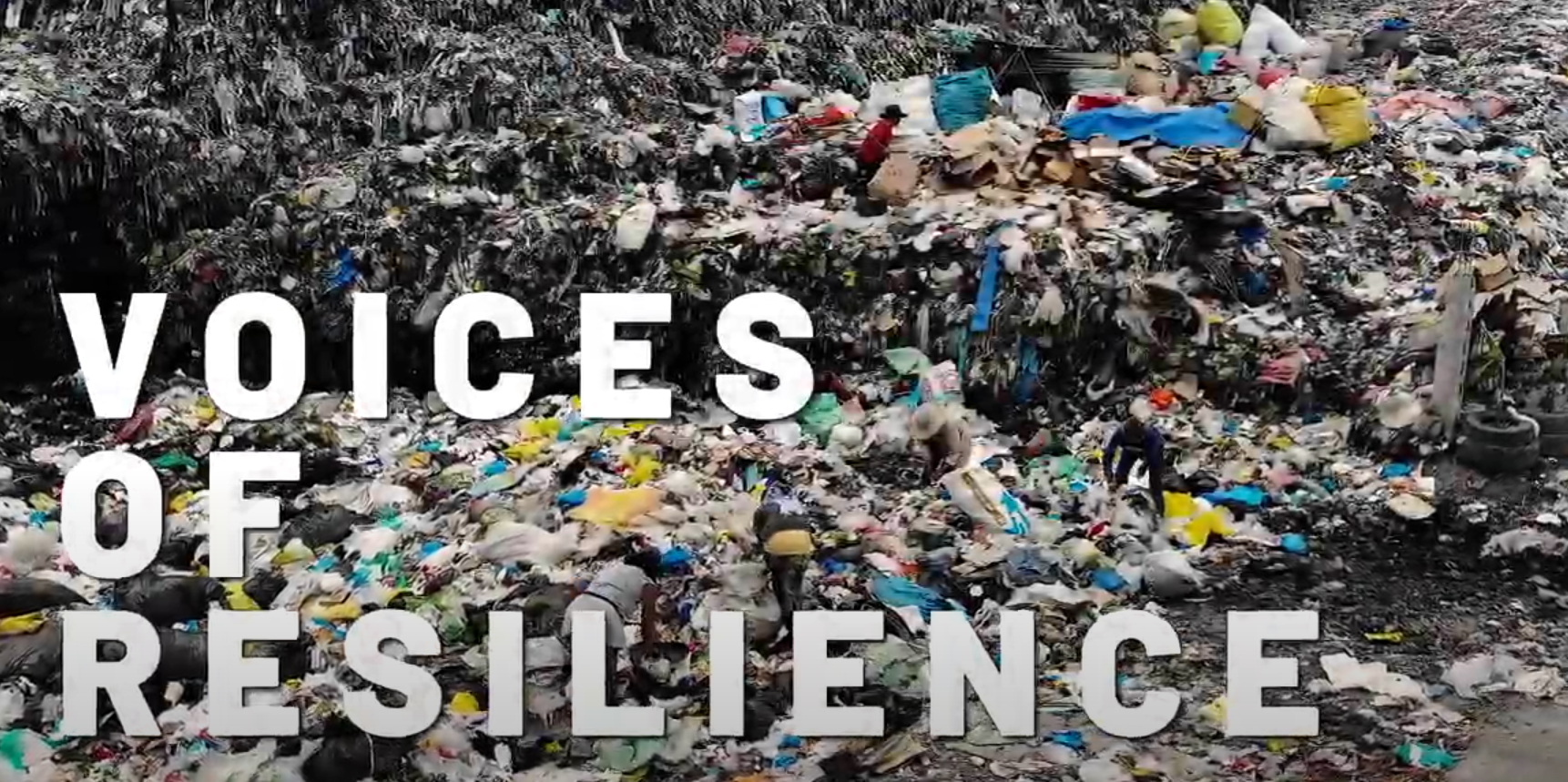A zero waste future for thriving families and communities
Now is the time to go beyond recovery, to a future where zero waste practices drive clean air and water, more and better jobs, and a healthy environment for our families and communities, as our planet returns to a life-sustaining pathway where nothing and no one is wasted.
About the Campaign
We can’t go back to polluting industries – like plastic production and waste incineration – destroying our land, air, and water. We can’t go bak to governments disrespecting and underpaying the work of waste pickers and waste workers, the unsung heroes of cities around the world. We can’t go back to a system where those least responsible for the waste crisis –low-income and marginalied communities– are made to suffer the most. It’s time for our leaders to stop investing in industries that put our health and our climate in danger.
We can’t go back. So we must go beyond. We must invest in the movement for zero waste, led by the very same people who have been most harmed by the current make/take/waste economy. Communities across the world, from Buenos Aires to Boston, Sardinia to San Fernando, have developed zero waste systems that have saved cities millions, created good jobs, build up local economies, and improved the quality of life of countless people. When we go beyond recovery, we create an economy of life, where nothing and no one is wasted.

Zero waste furthers economic justice
Between 12.6 & 56 million people work in the informal recycling sector. The job creation potential for inclusive recycling systems is estimated to be on average 321 jobs per 10,000 tonnes per year of recyclables.

Zero waste revitalizes local economies
Studies show that zero waste strategies score the highest on environmental benefits and create the most jobs of any waste management approach.

Zero waste saves cities money
By implementing a better collection and recycling/composting system, municipalities can, on average, reduce waste management costs per tonne of waste by 70%.

Incinerating Waste will Undermine a Green Recovery
WTE incineration is the most expensive waste management approach, three times the costs of landfills and up to five times the cost of recycling and composting
THE #BEYONDRECOVERY PUBLICATION SERIES
- The High Cost of Waste Incineration
- Zero Waste and Economic Recovery. The Job Creation Potential of Zero Waste Solutions
- An Inclusive Recovery. The Social, Environmental, & Economic Benefits of Partnering with Informal Recyclers
- Zero Waste Systems: Small Investment, Big Payoff
- Sustainable Finance for a Zero Waste Circular Economy
































